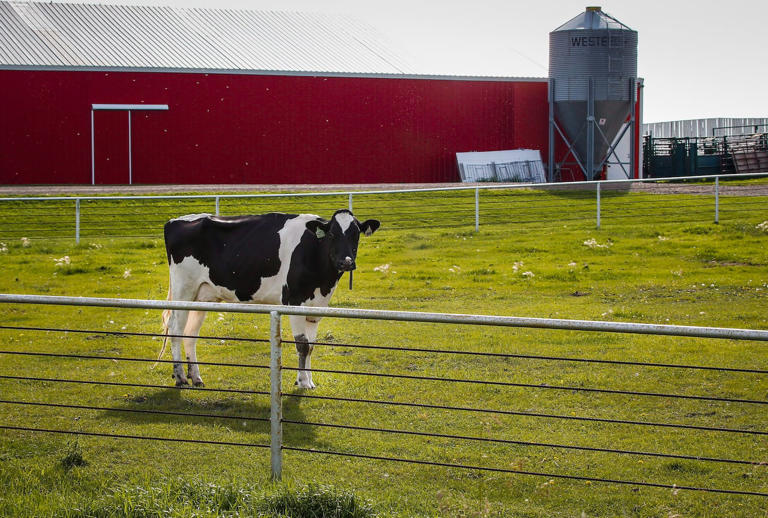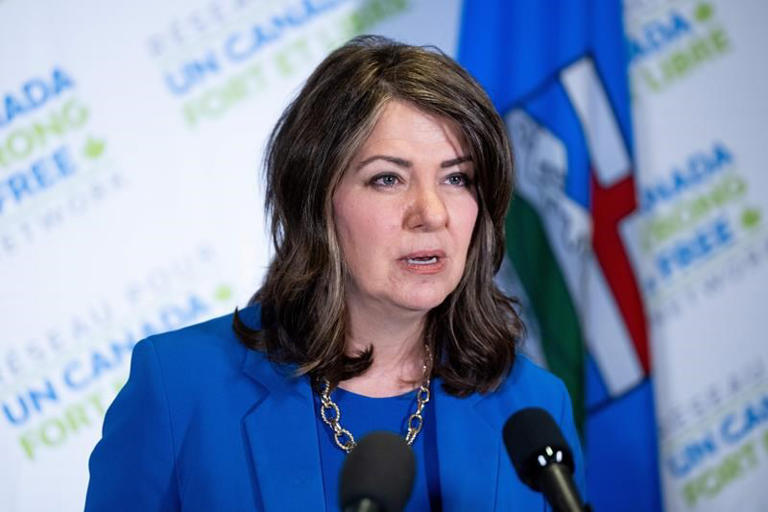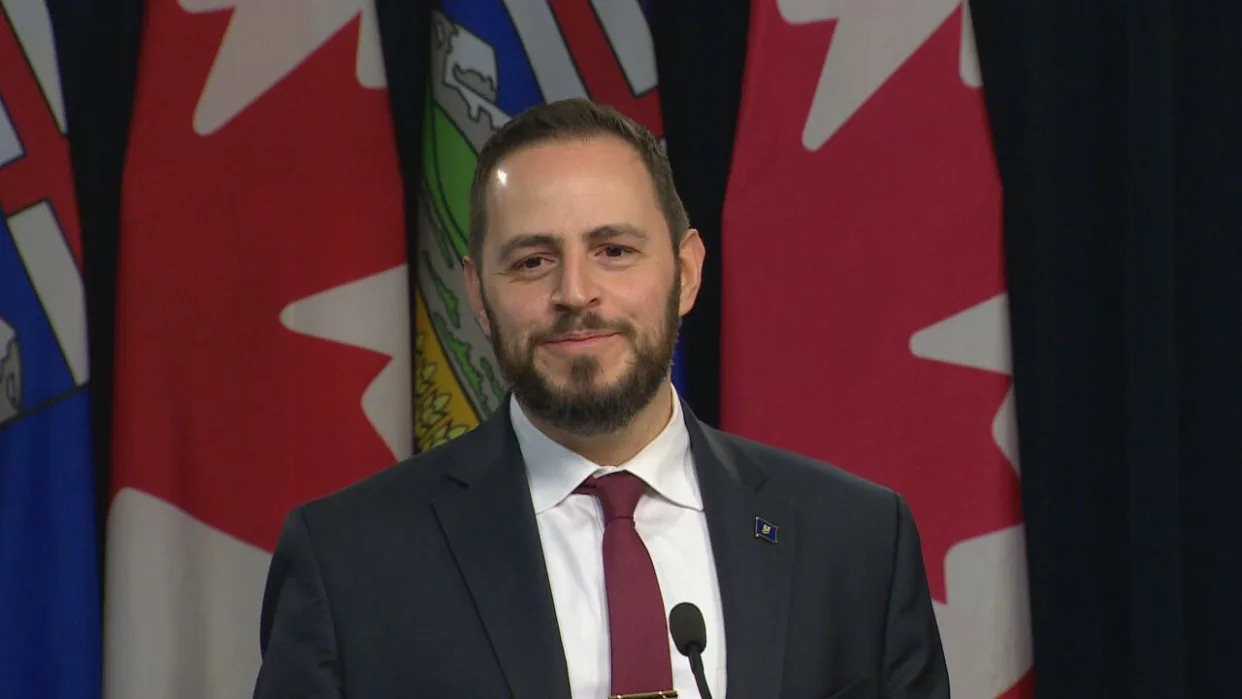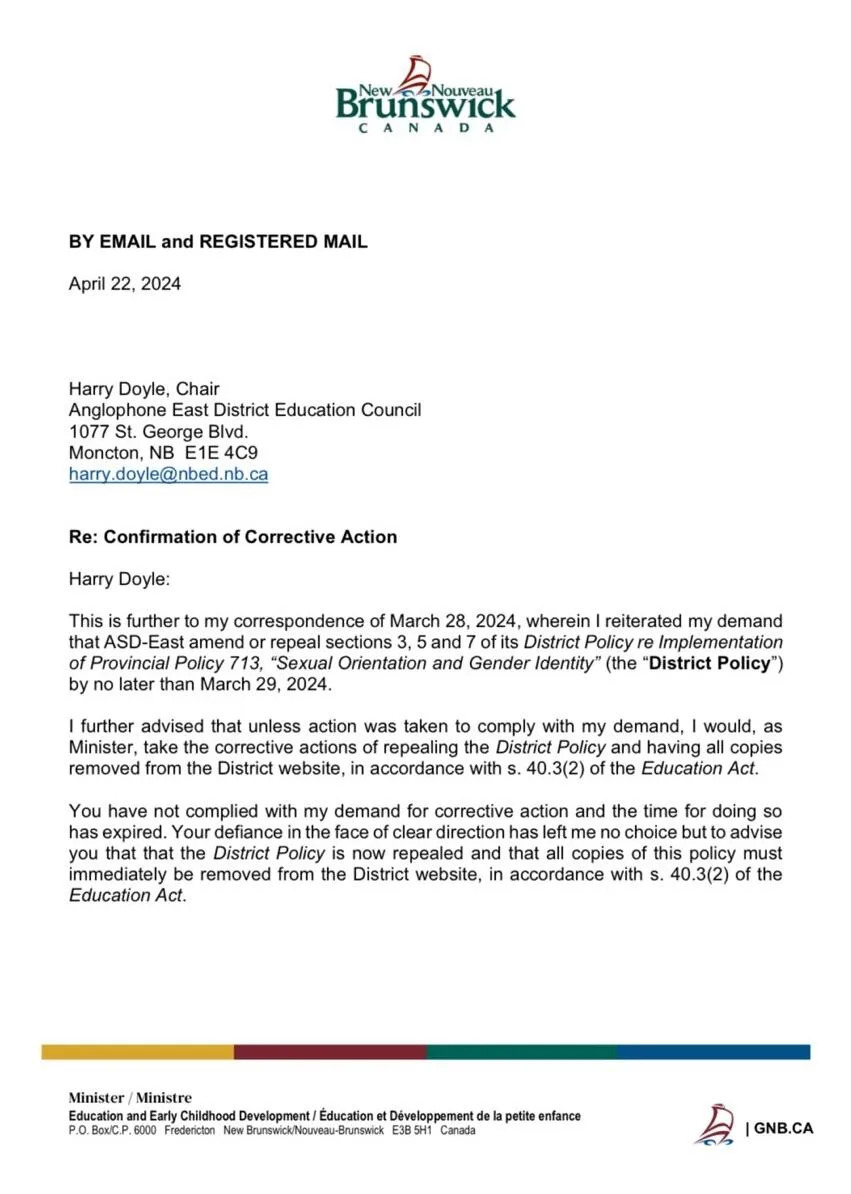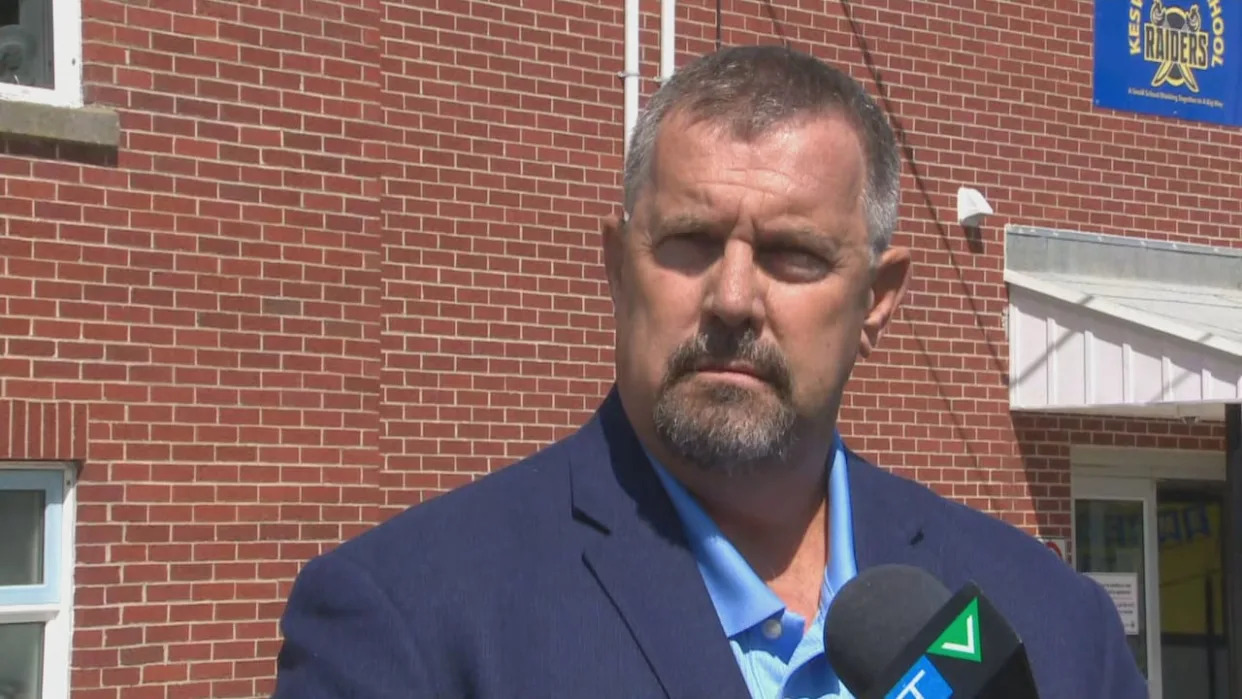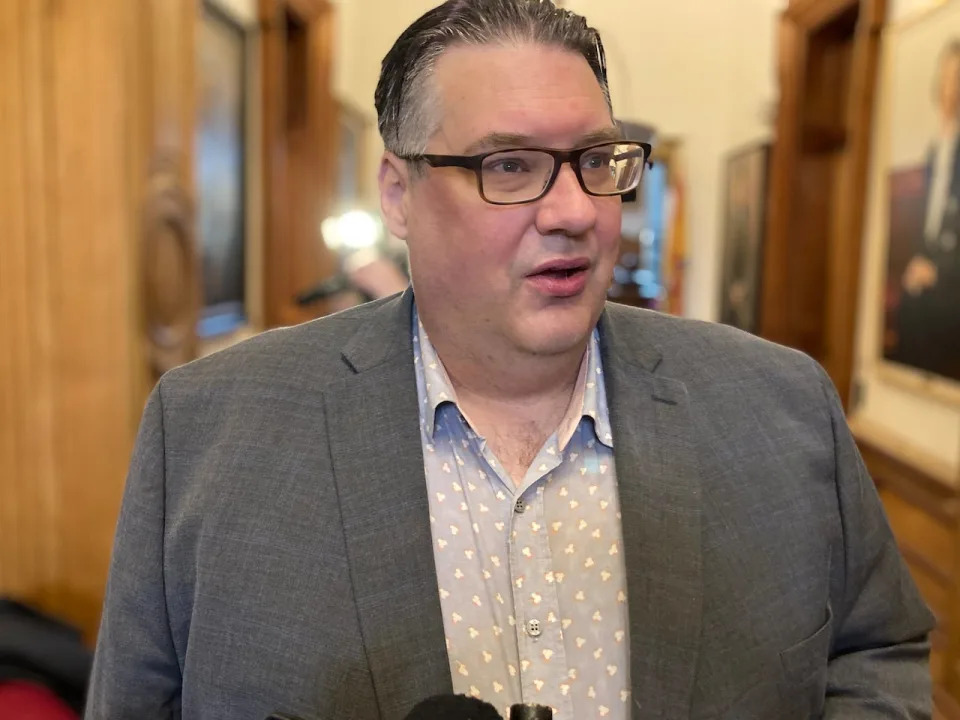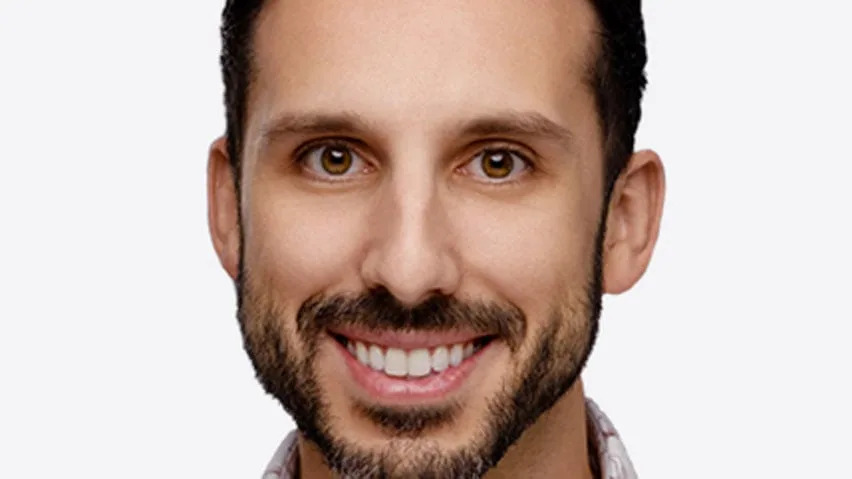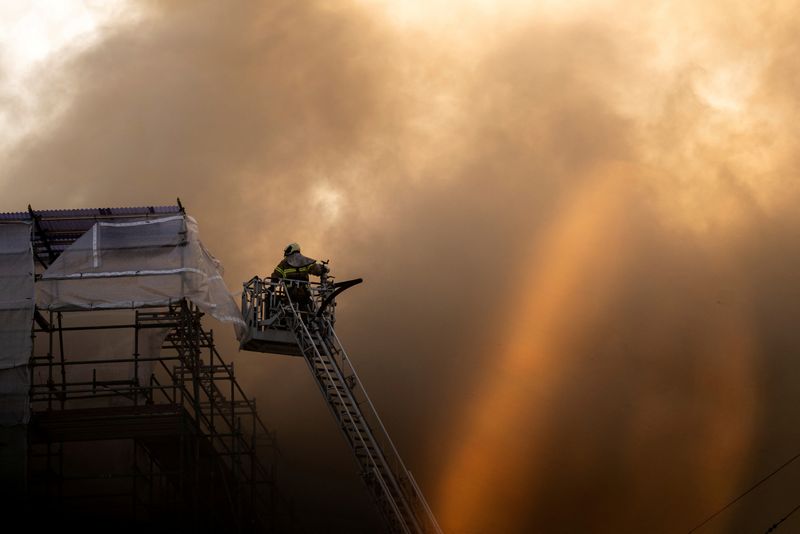Ashley Judd speaks out on the right of women to control their bodies and be free from male violence
Ashley Judd speaks during an event on the White House complex in Washington, Tuesday, April 23, 2024. Judd, whose allegations against movie mogul Harvey Weinstein helped spark the #MeToo movement, spoke out Monday, April 29, on the right of women and girls to control their own bodies and be free from male violence. (AP Photo/Susan Walsh, File)
BY EDITH M. LEDERER
April 29, 2024
UNITED NATIONS (AP) — Actor Ashley Judd, whose allegations against movie mogul Harvey Weinstein helped spark the #MeToo movement, spoke out Monday on the rights of women and girls to control their own bodies and be free from male violence.
A goodwill ambassador for the U.N. Population Fund, she addressed the U.N. General Assembly’s commemoration of the 30th anniversary of the landmark document adopted by 179 countries at its 1994 conference in Cairo, which for the first time recognized that women have the right to control their reproductive and sexual health – and to choose if and when to become pregnant.
Judd called the program of action adopted in Cairo a “glorious, aspirational document” that has been “imprinted into my psyche … (and) has guided my 20 years of traveling the world, drawing needed attention to and uplifting sexual and reproductive health and rights in slums, brothels, refugee and IDP (internally displaced) camps, schools and drop-in centers.”
The Cairo conference changed the focus of the U.N. Population Fund, known as UNFPA, from numerical targets to promoting choices for individual women and men, and supporting economic development and education for girls. Underlying the shift was research showing that educated women have smaller families.
RELATED STORIES
#MeToo’s founder, advocates say the reckoning will continue after Weinstein’s verdict reversal
Here’s why Harvey Weinstein’s New York rape conviction was tossed and what happens next
Harvey Weinstein’s rape conviction is overturned by New York’s top court
While Cairo recognized sexual and reproductive health and reproductive rights for women, it did not recognize sexual rights. That came a year later at the 1995 U.N. women’s conference in Beijing.
On one of the most contentious issues at the Cairo conference, delegates recognized that unsafe abortion is a fact that governments must deal with as a public health issue to save women’s lives. But it did not condone abortion as a method of family planning or mention legalization, and 30 year later the issue remains contentious.
Judd recalled some of her travels including to Madagascar, where she said she spoke to women being commercially exploited by men. She said they were all forced into that work by the same root cause: “The sexual, reproductive, legal, political, social and cultural inequality of girls and women.”
In Turkey last August, Judd said she met with both Turkish families and refugees living in tents and containers “with one semi-functioning latrine for hundreds of people.”
Many said they were in no emotional, mental or physical condition to bring another baby into the world and Judd expressed gratitude that UNFPA was doing all it could “to provide modern family planning choices to those who want them, in spite of the government removing their availability in the public sector.”
A UNFPA goodwill ambassador since 2016, Judd stressed the importance of women choosing when to have children and “the ability to say no to sex free from retaliation.”
Natalia Kanem, executive director of UNFPA which now calls itself the U.N.’s sexual and reproductive health and rights agency, cited tremendous progress over the last three decades on the Cairo platform at the commemoration.
Maternal mortality declined by a third between 2000 and 2020, the number of women using contraceptives has doubled since 1990, adolescent births have dropped by a third since 2000, and rates of child marriage have decreased globally, she said.
Kanem also pointed to more than 60 countries passing legislation against domestic violence, and punitive laws against LGBTQ+ individuals “falling more quickly than ever.”
“And yet today, progress is slowing,” she said. “Annual reductions in maternal deaths have flattened, inequalities, between and within countries, are widening. And the rights of women, girls and gender diverse people are the subject of increasing pushback.”
U.N. Deputy Secretary-General Amina Mohammed told the crowded General Assembly chamber that the great progress in 30 years “has been masked by those that have been left behind.”
She cited many developing countries whose child mortality rates remain too high and the 164 million women of reproductive age around the world with no access to family planning.
“We must remain vigilant and continue to address situations where sexual and reproductive health and rights are being rolled back,” Mohammed said. “We must respond and push back when women’s rights are being eroded.”
